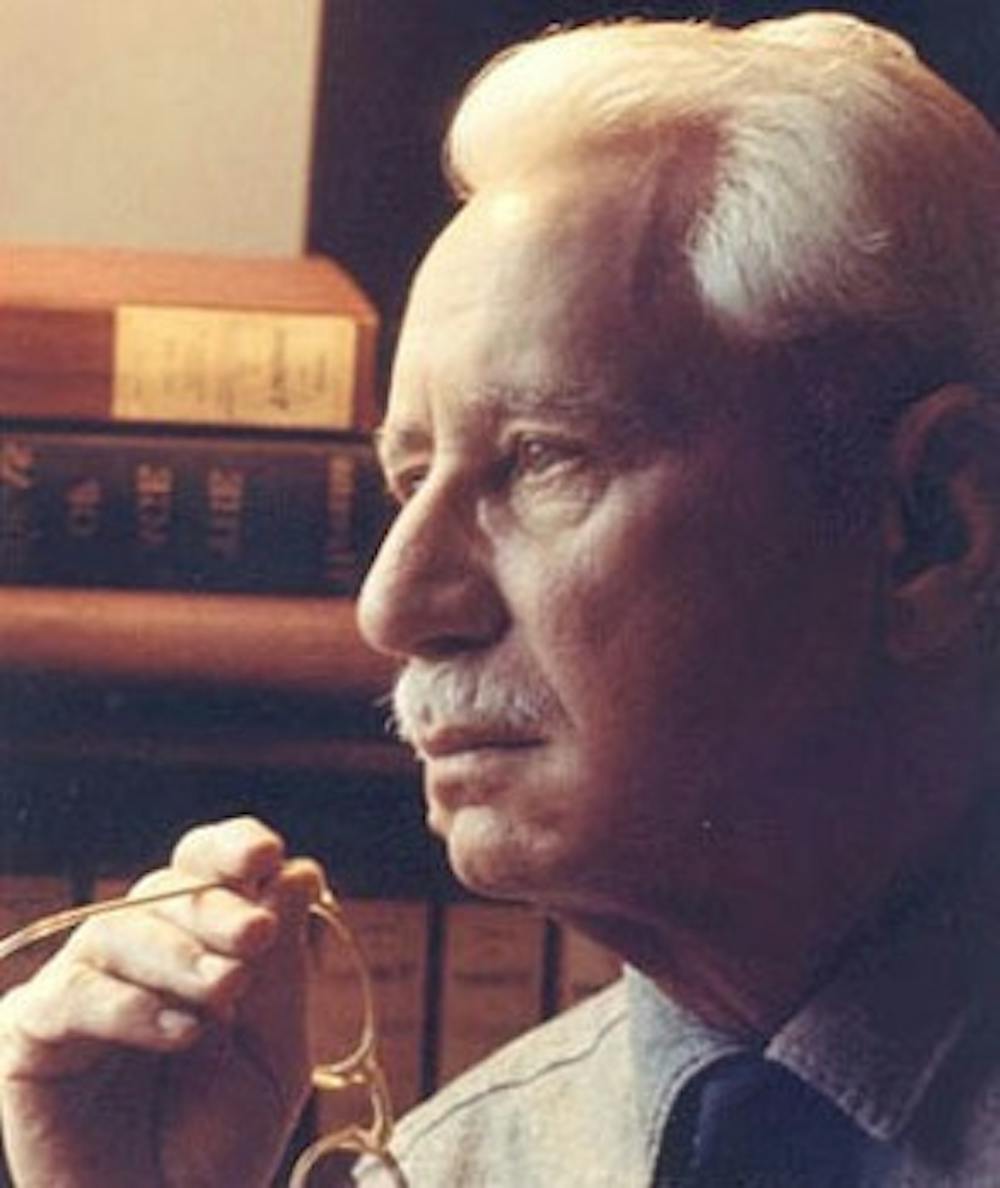
Hopkins is stressful. This is a cliché: something we all know and are somewhat tired of hearing, but hear me out.
Here, people strive to feel successful and struggle when they do not feel that way. We juggle as many extracurriculars, volunteer hours, research opportunities, on- and off-campus jobs, and credits as possible. Here, we are lucky to have even the shadow of the opportunity to do everything.
However, as has been discussed in many previous articles on stress culture at Hopkins, things get lost in the constant rush of our day to day lives. What we lose goes beyond sleep, friendships, and self-care, which all cannot be emphasized enough. I would like to argue that we also risk losing most of the value we would ordinarily get from the activities we’re participating in when we’re trying to balance too many responsibilities at once.
The reason for this is because we lose sight of why we’re doing things in the first place. I fall victim to this a lot: having two disparate academic interests, caring about many different organizations, and often offering to help more than I am actually able to.
This is a common trend: Hopkins students tend to be interested in doing it all. Yet we don’t stop there: everything we do must be completed to the very best of our abilities.
There are some activities that we undoubtedly do out of nothing but genuine enjoyment. But I fear that sometimes, we do things just to do them; in others words, to be impressive, to fill a void, to make our parents happy, to feel adequate, or to get a job.
At the risk of playing too much into the scary story trope that comes out during Halloween time: what if we don’t get the job we want at the end of all this?
What will we be left with, other that all those hours cramming for an exam, all that excessive pipetting for research credit, and all those nights devoted to a club that we know we’ll eventually leave?
That’s not to say that we cannot get enjoyment out of an activity in which we also learn a new skill that just happens to apply to the career we want in the future. After all, the ultimate goal is to find jobs that also make us happy.
Finding activities that fulfill us on multiple levels would be the best of all possible worlds. I worry, though that if we are juggling too much at once, we may not be capable of gaining a sense of fulfillment from any of them, on any level at all.
When I am stressed out and have too many commitments on my plate, I have no choice but to complete them at 50% of my ability. I read the abstract instead of the full paper for class or only study for two hours total instead of two hours every day for an exam.
Many people I talk to have said the same, commiserating and almost bragging about how little time they have, and how little of it they are able to spend studying or doing work.
We are too busy to go to a club meeting, or a sports game, or an on-campus event. We are too busy to actually do the reading or watch the movie beyond Googling the three minute commercial and reading the Wikipedia page. We are too busy to learn.
Why do we continue doing these things when we’re not even fully experiencing them? We convince ourselves that just being there is enough: we are getting enough from reading the abstract of the paper, sitting in lecture, listening silently during an in-class discussion or attending one club meeting per semester. But I think that this attitude disrespects our teachers, our organizations, and even the value of our own time.
Another cliché: college is a learning environment. It is a place where we can (theoretically) fail. It is supposed to teach us something. I am not suggesting we all take twelve credits and drop four of our eight extracurriculars.
No, this is just a reminder to examine how you spend your time and consider what would change if you fully committed yourself to each activity you did.
If learning is what makes college so great in the first place, be more willing to do the hard work it takes to actually learn something new. After all, as Will Durant said,“We are what we repeatedly do. Excellence, then, is not an act, but a habit.”

















